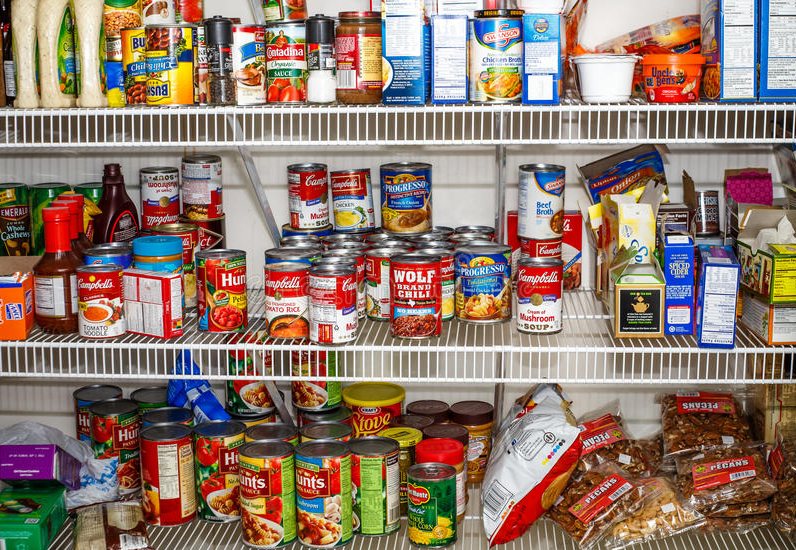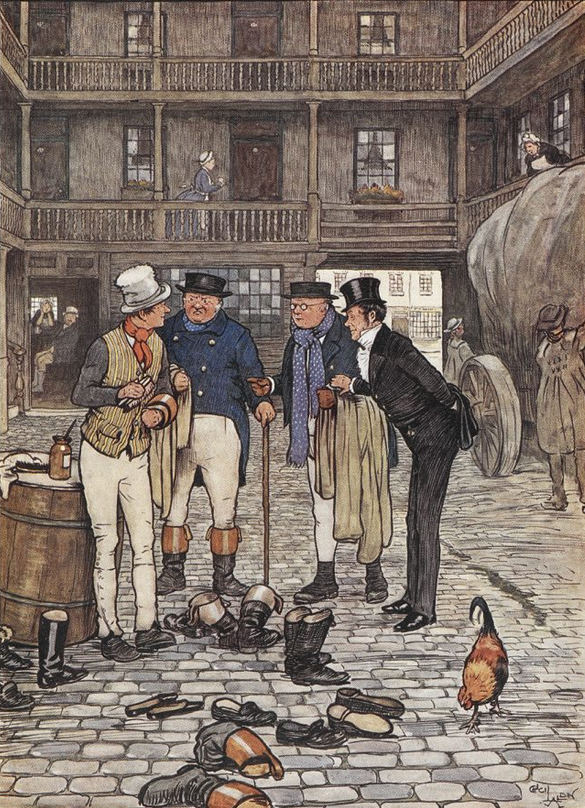Your food storage is less robust than you think:
United Nations data showed food prices hit six-year highs in January after rising for eight consecutive months…
Few expect pressures to ease soon, with Chinese demand which sent global cereal prices to a six-year high showing little sign of abating.
Rice price increases led to unrest in several countries during the 2008 food crisis, and food inflation was a contributor to the Arab Spring revolts a decade ago.
“We have seen in the past instances of protests apparently at least triggered by food price spikes, (especially) when prices of staples are increasing,” said Moody’s managing director Marie Diron.
A few dollars’ increase in the price of corn is good for American farmers. Ditto with wheat and soybeans. A historical challenge in rural America has been trying to raise a family growing commodities; rising prices helps that struggle immensely. And America wastes so much food and spends such a high percentage of the cost on packaging and advertising that we are not in immediate danger of food riots in our streets. If the price of the basics doubled here, our dazzling urbanites may have to learn to buy in bulk and to cook. But it’s not going to result in the same kind of suffering here that we will see across the Middle East.
Maybe.
It’s easy to think that because America grows so much food that food insecurity is the other nations’ issue. But there are a few factors in motion that make it America’s problem. And therefore your problem.
Because our Defense Department is a wholly owned subsidiary of a tiny Middle Eastern country, any problem in the MENA becomes our problem. And hungry masses are a problem. With Russia and China becoming more involved in MENA for their own reasons, the risks of a regional war involving nuclear powers increase. We have factions in our deep state that are dying to go to war with Russia. Even a semi-serious war is disruptive to markets. A serious one might end them except within walking distance.
Suffering in third world nations increases migration, and with the Biden administration throwing open the southern and western doors of our land for all and sundry, expect Diversity™ to increase. This may be worse in Europe, but America will not be unaffected.
Perhaps most importantly, to appease the gods of climate change, el Presidente wants American farmers to grow grass instead of food:
The government will help farmers mitigate climate change by paying them to “put their land in conservation” and plant cover crops, said President-elect Biden, providing some details on his campaign call to offset greenhouse gas emissions from agriculture.
While planting cover crops as a part of an annual rotation is excellent practice for many reasons*, grasses grown in perpetual “conservation” are not cover crops… there’s no crop to harvest. What this proposal does is take up to 50 million acres of farmland offline and pay farmers not to grow anything edible on them so roots can be counted as carbon storage.
That’s just the start. The administration’s endgame is to take more than 30% of our lands and oceans offline within 9 years. While there is plenty of discussion of sequestering carbon in the soil, there is very little talk about growing food in it. In an environment of rising food prices, it’s hard to write off such an oversight as mere incompetence.
When John the Baptist was questioned about what “the fruits of repentance” look like, among the first he mentioned were literal fruits: the man with food needs to share with the one who has none (Luke 3:8-11).
John did not exclude Boomers from that calculation. We are going to dole out much of our stored food, even to people we warned. The issue then is not about teaching them wisdom, but our obedience even when it hurts. If you’re concerned that the hungry mouths that you must feed are going to bust your cache, there are two things you need to do this year:
- Grow a garden, a big garden.
- Stock more food, both of your own and that purchased while you can still get the basics cheap and in bulk.
Food will likely never again be as cheap as it is today. And America, by both fiscal and agricultural policy, is hell-bent on making it more expensive and harder to come by.
You see the signs of the times. The respite is over.
It’s time to get ready, because this storm truly is coming.
______________________________________________
* The way we strip-mine our farmland is criminal, and I’m all for being better stewards of the land. This policy is not about that, it’s about changing the Earth’s temperature by purposely growing plants people can’t eat.










Great article, esp to spur beginners on. I’ve shared it to MeWe and Gab.
Thanks, Tina!
Good article. Recently discovered this website and i love the unashamed Patriarchal, “Humble Leader of wife and children” attitude.
As opposed to the godless anti-men and anti-real-woman kind of PC garbage mosts sites preach!
Be brave and preach on brother. You have an ally in Tehachapi, Kern, CA (the best town in the best County, of the worst state)…
Thank you, Darrel. Welcome aboard!